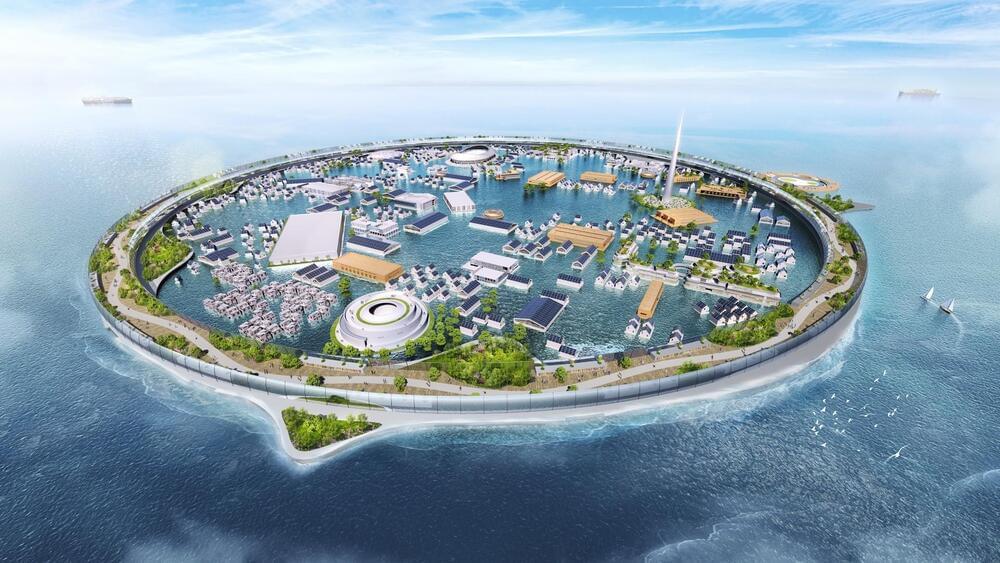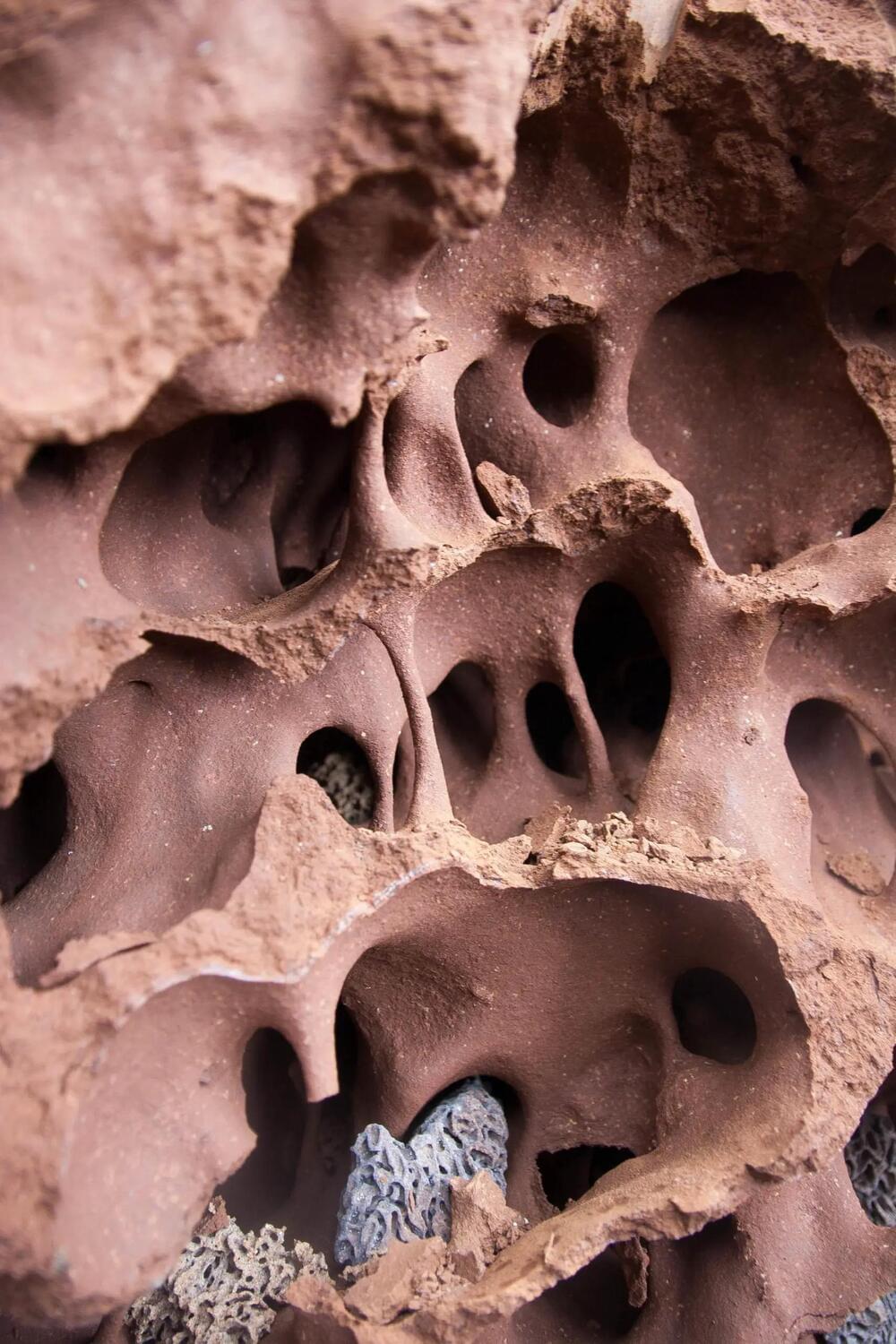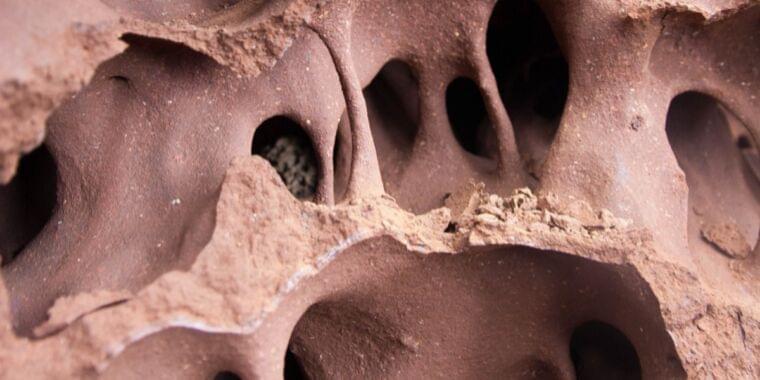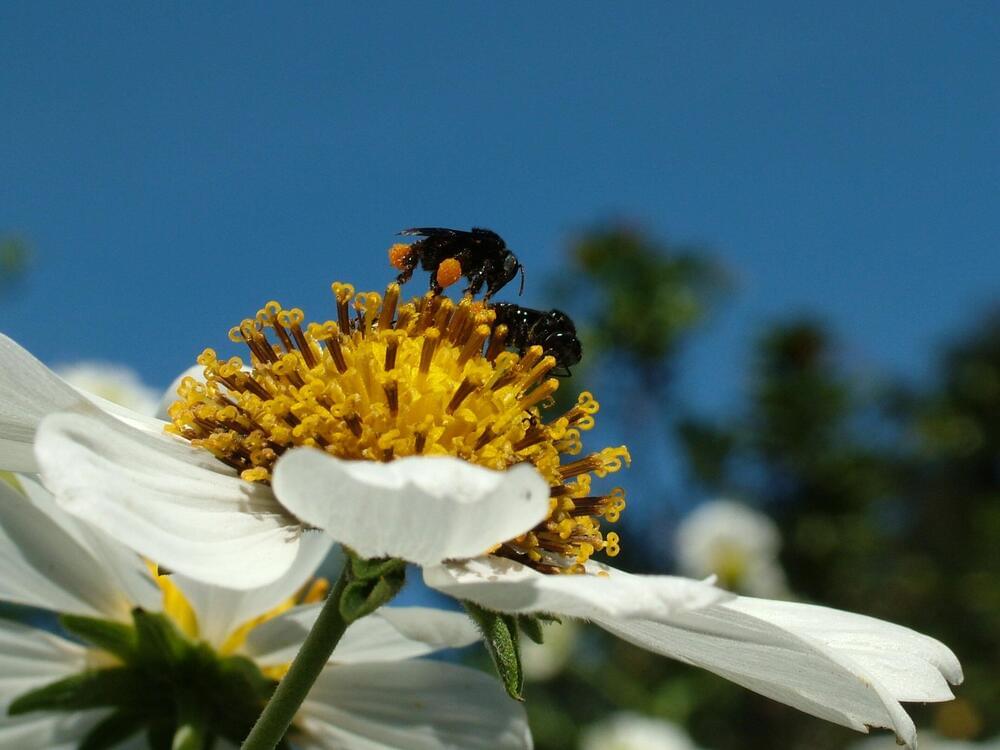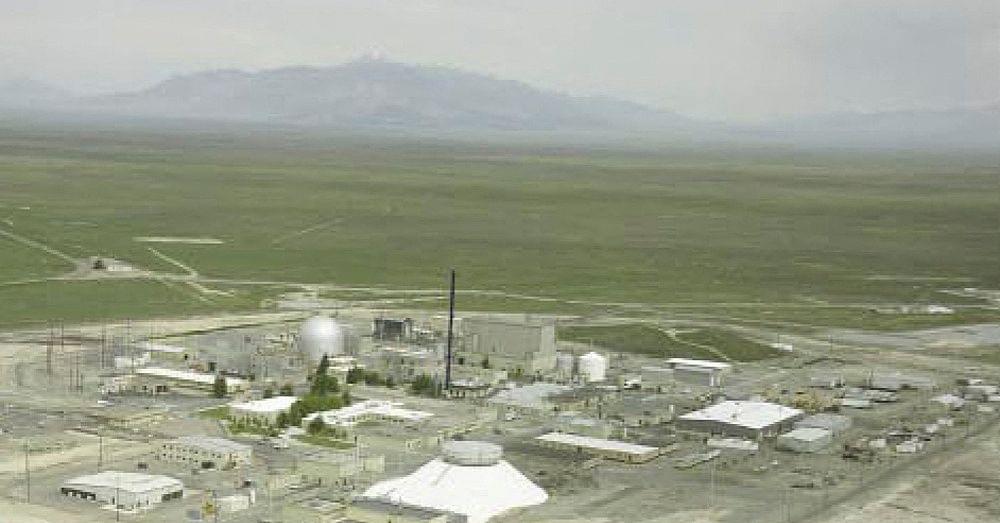Jun 18, 2023
Ford dreams up a roof-mounted backup EV battery system
Posted by Kelvin Dafiaghor in category: climatology
Ford filed a patent last week for a roof-mounted backup EV battery system designed to give you the extra juice while off the grid. The idea is likely a pipe dream, but it shows you how automakers are getting creative in the electric era.
Having a removable backup battery you can easily mount on the roof of your EV might come in handy while camping, off-roading, etc.
In the patent, spotted by Lightning Owners, Ford describes “a backup battery for an electrified vehicle, and more particularly, a backup battery that can be mounted to a roof of the electrified vehicle.”



